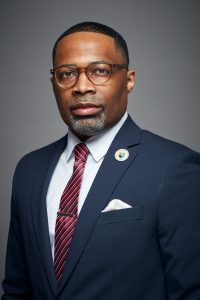
Featured Sessions
Featured Sessions are conference sessions that have been hand-selected by the NISOD conference team. These sessions share leading-edge research and best practices and are led by experts in the community and technical college field.
Caring Campus: The Power of Creating Relationships to Support Student Success
Students come where they are welcome and stay where they feel cared about. Caring Campus is based on decades of research documenting that students who feel cared for and connected to their college are more likely to achieve their educational goals. Learn how in over 70 colleges around the country, professional staff are committing to easy, low-cost behaviors that bring the human component to student interactions, improving student success, and increasing job satisfaction.
Jo-Carol Fabianke, Caring Campus Coach, Institute for Evidence Based Change (IEBC); Ken Sherwood, COO and Vice President, Institute for Evidence Based Change (IEBC)
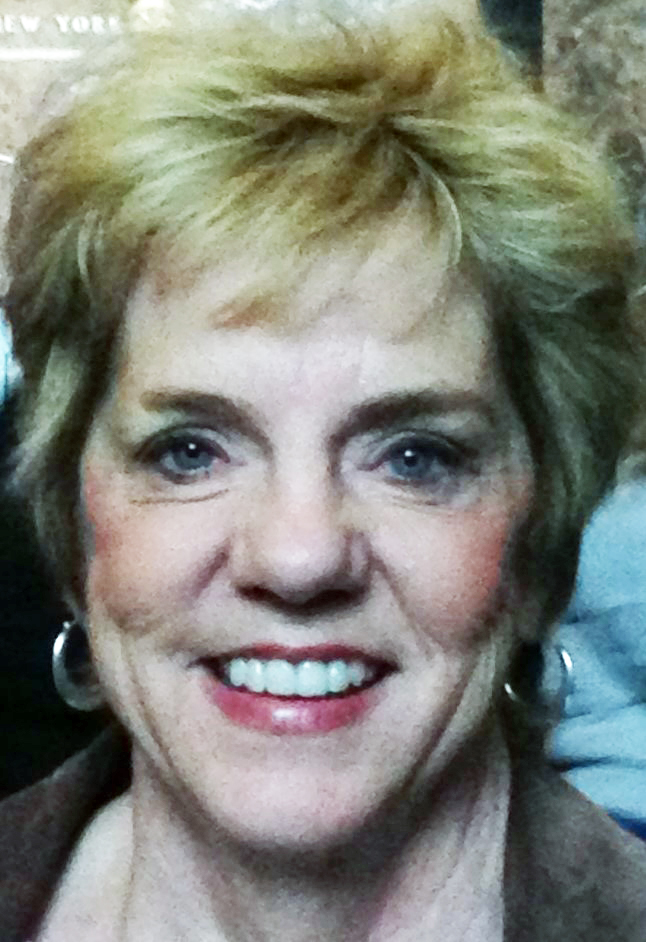
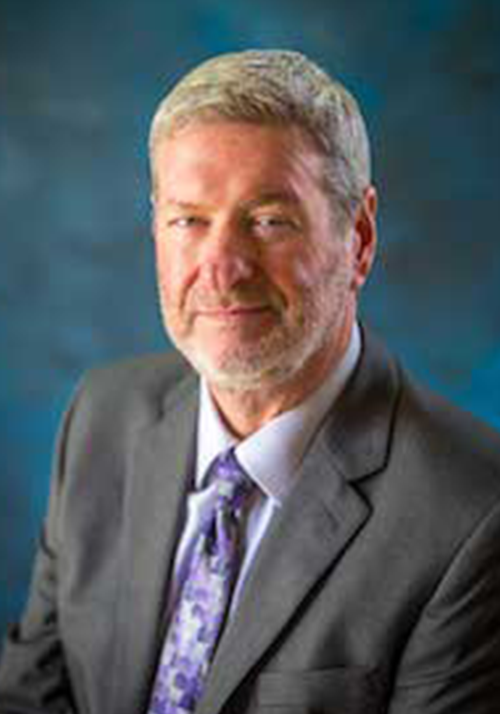
Communication Connection: Just LEAD (Listen, Encourage, Ask Questions, and Deliver)
Connection Through Communication is a program that focuses on the essential skills needed for effective customer service and instruction. The diversity of people today requires individualized approaches to communication. Through activities meant to bring standard habits to the forefront and realize their impact on daily communication, the program highlights differences and insights to understanding yourself and those around you for effective communication.
Stephanie Duguid, Dean, Academic Instruction, Copiah-Lincoln Community College
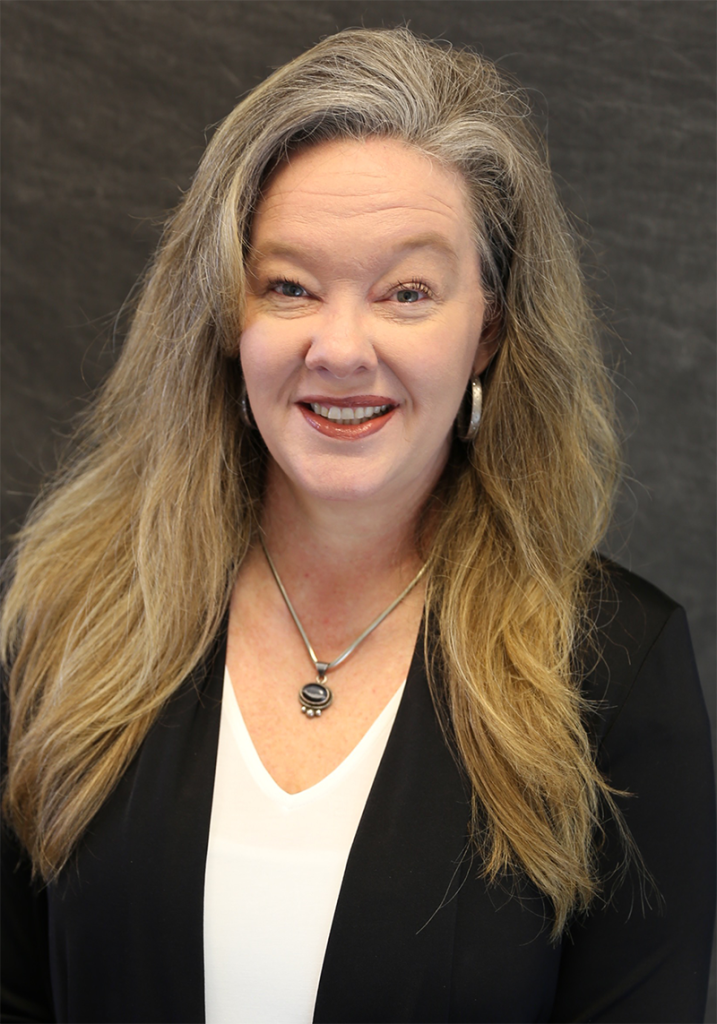
Creating Faculty Champions! Empowering Students Through Advocacy
Creating a culture of caring inside and outside the classroom allows students to build connections and feel supported throughout their educational journey. To help support a caring culture, Alamo Colleges District Faculty Development Department conducts faculty workshops in partnership with San Antonio College’s Student Advocacy Center that blend pedagogical strategies with information about how students can access resources that help them meet their most basic needs. This session explores the creation, execution, and impact of these workshops.
Jillian Denman, Director, Student Advocacy Center and Counseling, San Antonio College
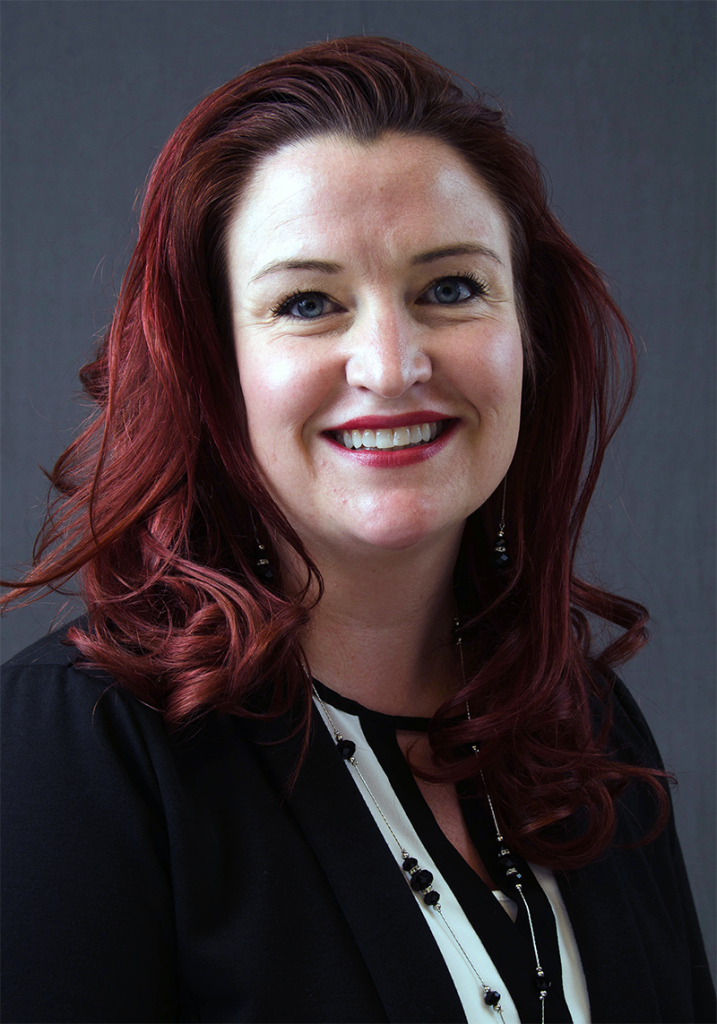
Creating Inclusive Environments: Communication Skills to Overcome Barriers of Assumption
As we seek to create inclusivity in our communities, we need to advocate for listening to the voices, stories, and experiences of people on the margins of society. Listening is a key practice in creating connections and breaking down racial and cultural barriers. Whatever your social identity or position, listening and acknowledgment builds relationships that help you and those around you grow and develop.
Eva Medilek, Certified High Performance Coach/Inclusivity Trainer, Style4Success, LLC
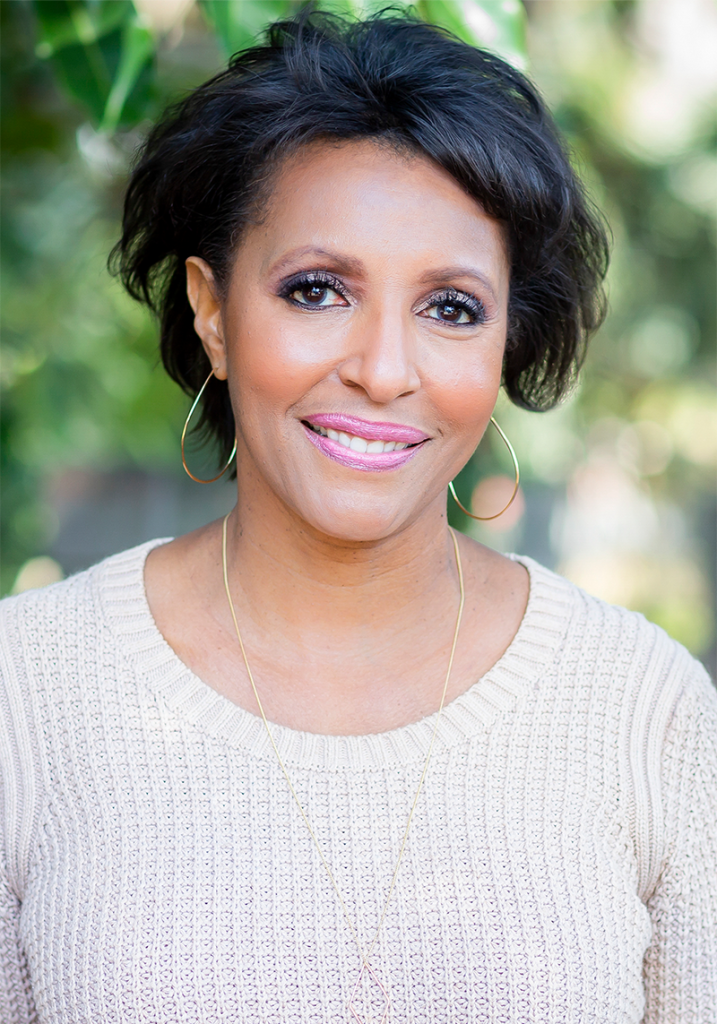
Education Leadership for Today’s Learners: Welcome to the Age of the “And-ers
The fastest growing segment of higher education today are “and-ers” – students who are simultaneously balancing education and work, education and parenting, education and deployment, education and caring for aging parents. The “and” list goes on. The defining characteristic of “and-ers,” however, is that education isn’t always the priority, and for good reason. Leading in the age of the “and-ers” requires conversations about scheduling, cost, accessibility, modalities, competency-based education, transfer, short course, mini-mesters, and so much more. Join us as we explore how education leaders are approaching this work in community colleges and beyond.
Mark Milliron, President and CEO, National University; Gerardo de los Santos, Vice President, Community College Relations,, National University
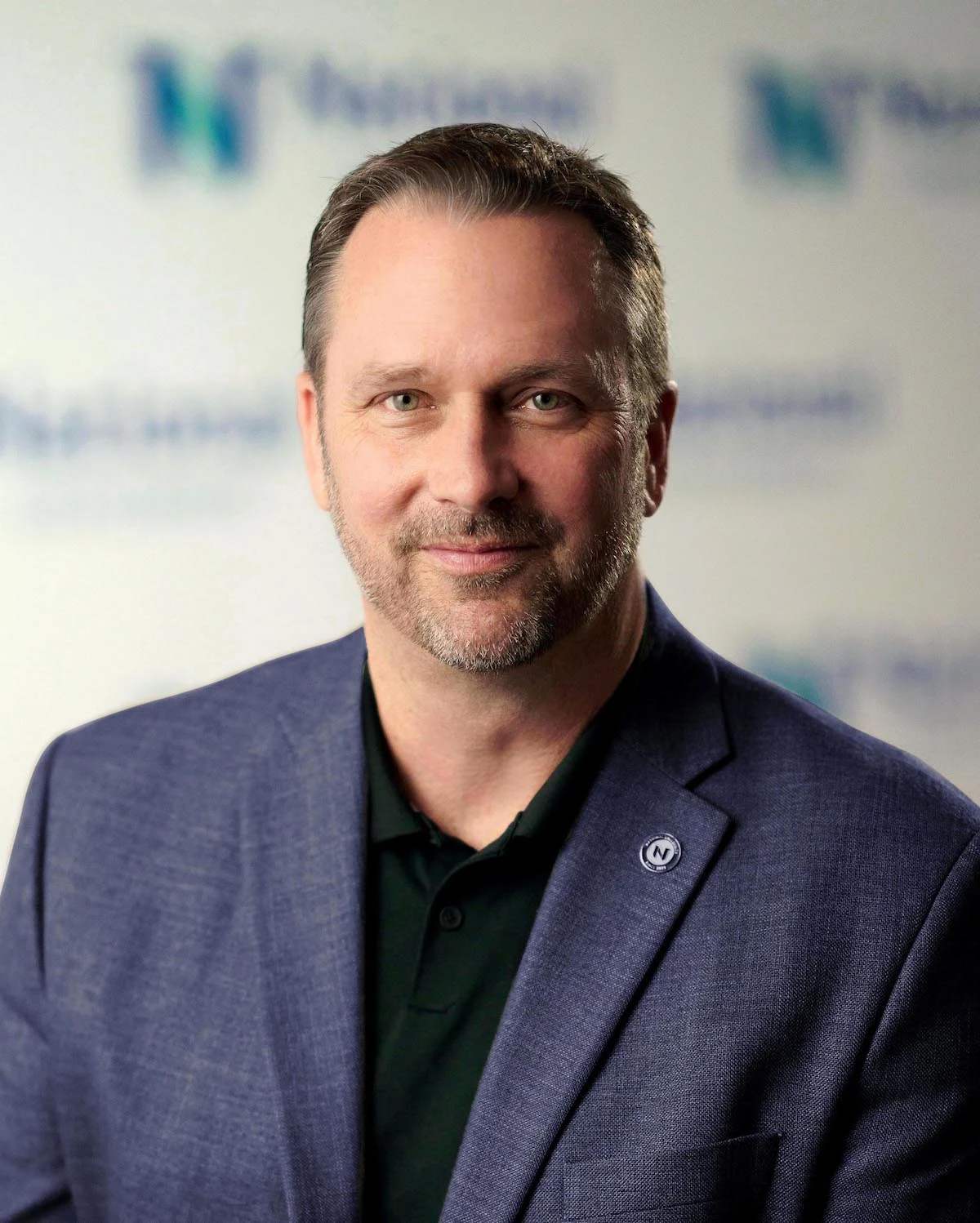
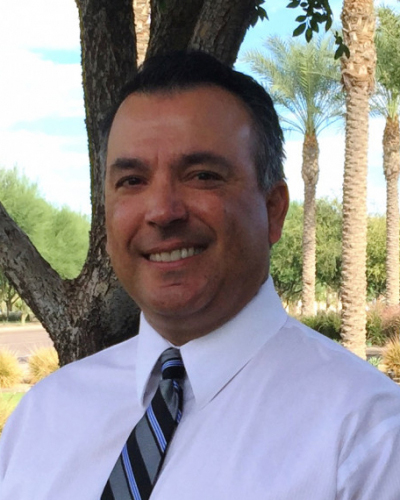
Emotionally Intelligent Teaching to Empower, Engage, and Create an Affirming, Inclusive Environment: Insights From Neuroscience
We have a profound impact upon the emotional state of the students we engage with every day. Whether interacting with individuals or groups, the neuroscience is clear: The affective domain powerfully impacts a student’s sense of belonging, cognition, persistence, motivation, and performance. During this session, participants explore ways to promote positive, enthusiastic, and engaged collaboration among students that promote equity while affirming and respecting our student’s diverse identities.
David Katz III, Professor Emeritus/Consultant, Organizational Development/Higher Education, Mohawk Valley Community College
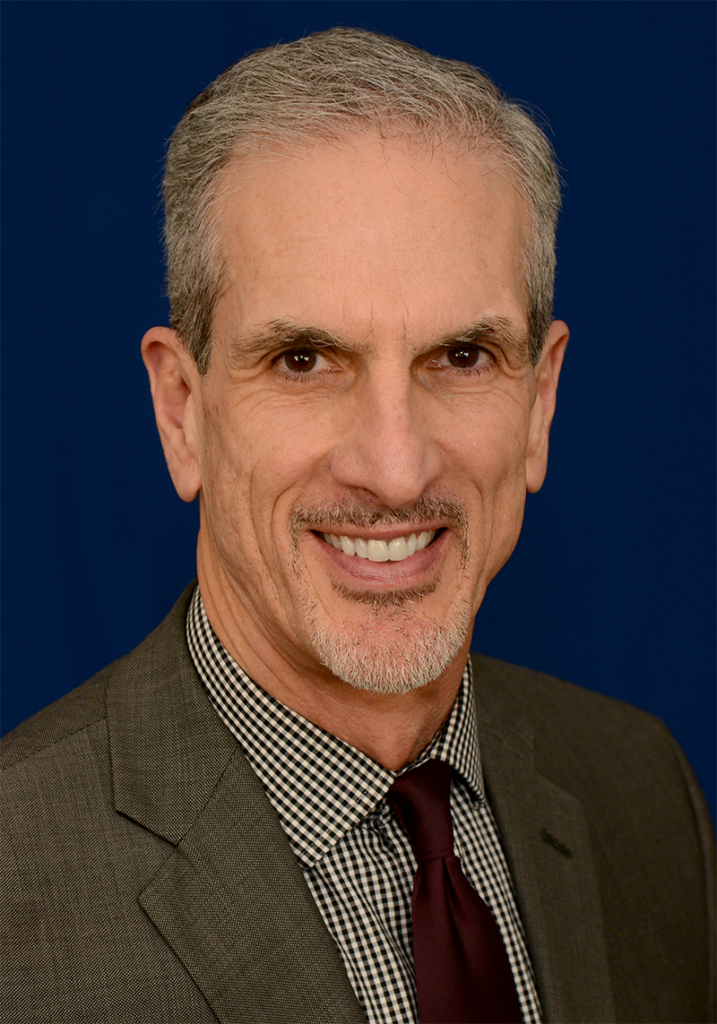
Engaging Graduate Students in Community College Teaching Through Regional Collaborative Practica
The presenters share resources, processes, and evaluation results for a collaborative program between two-year and four-year institutions to recruit, train, and diversify STEM faculty in community colleges through regional collaborations and providing community college teaching fellowship experiences for graduate students. The program is part of a larger ASPIRE INCLUDES grant focused on diversifying community college faculty. Participants are encouraged to consider possible local collaborations to create similar programs.
Gigi Delk, Professor, Computer Science, Tyler Junior College; Lisa Kelly, Assistant Director, Student Support and Development, The University of Iowa
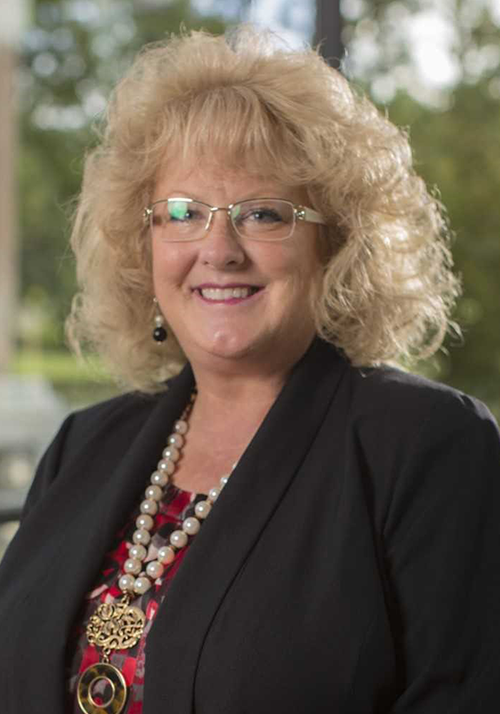
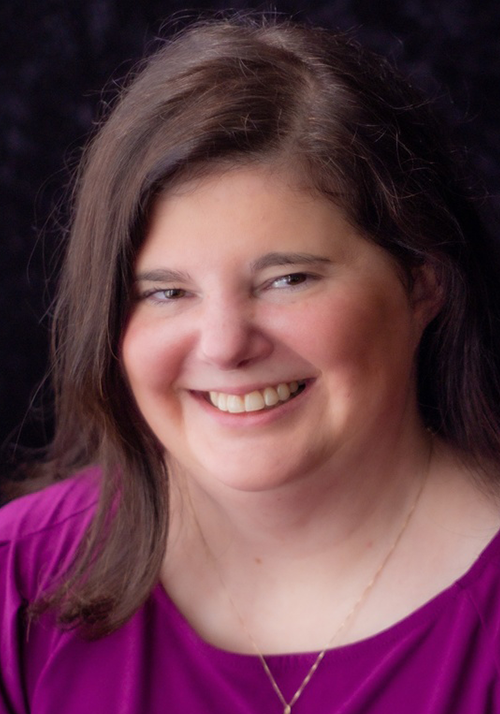
Integrating EPIC Skills Into the Academic Curriculum
Employers frequently report that recent college graduates do not possess Effective Professional and Interpersonal Communication (EPIC) skills. Horry Georgetown Technical College developed EPIC as the focus of its Quality Enhancement Plan as part of its SACSCOC reaccreditation process. Learn how to incorporate EPIC assignments and corresponding rubrics into any curriculum, resulting in two-year college graduates who are better prepared to be successful in the workforce!
Sean Glassberg, Director, Faculty Development, Horry Georgetown Technical College
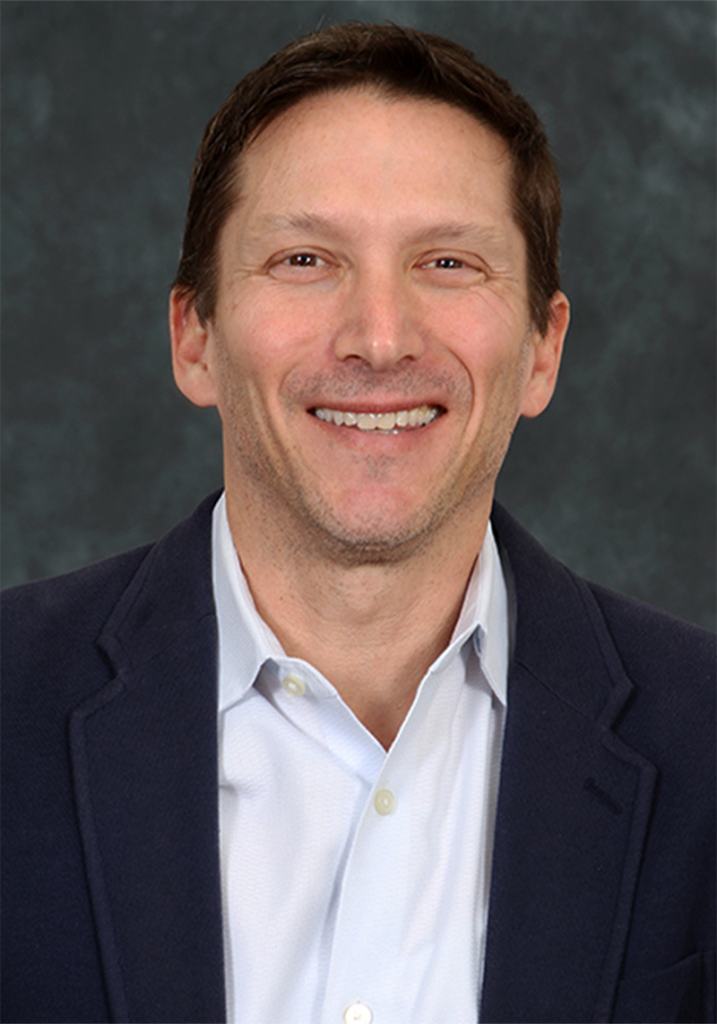
NFO: From Industry to Educator in Two Weeks: Providing a Foundation for New Faculty
To ensure new Alamo Colleges District faculty are prepared for the classroom on their first day, incoming full-time faculty are required to attend a New Faculty Orientation (NFO). In fall 2022, this orientation expanded from one day to two weeks and now includes pedagogical practices identified as foundational for all faculty that can be applied in any modality. This session explores the creation, execution, and lessons learned from this reinvented NFO.
Carmen Mercedez, Director, Professional and Instructional Development, Mathematics, Alamo Colleges District; Bobbie Myatt, Faculty Development Program Lead, Communications, Alamo Colleges District
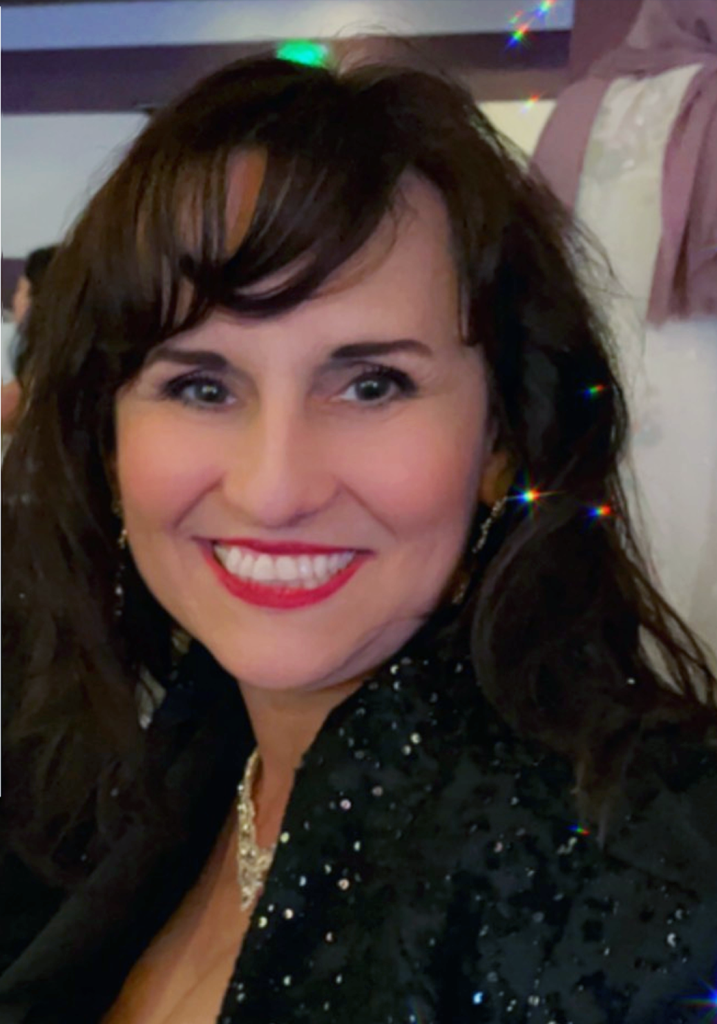
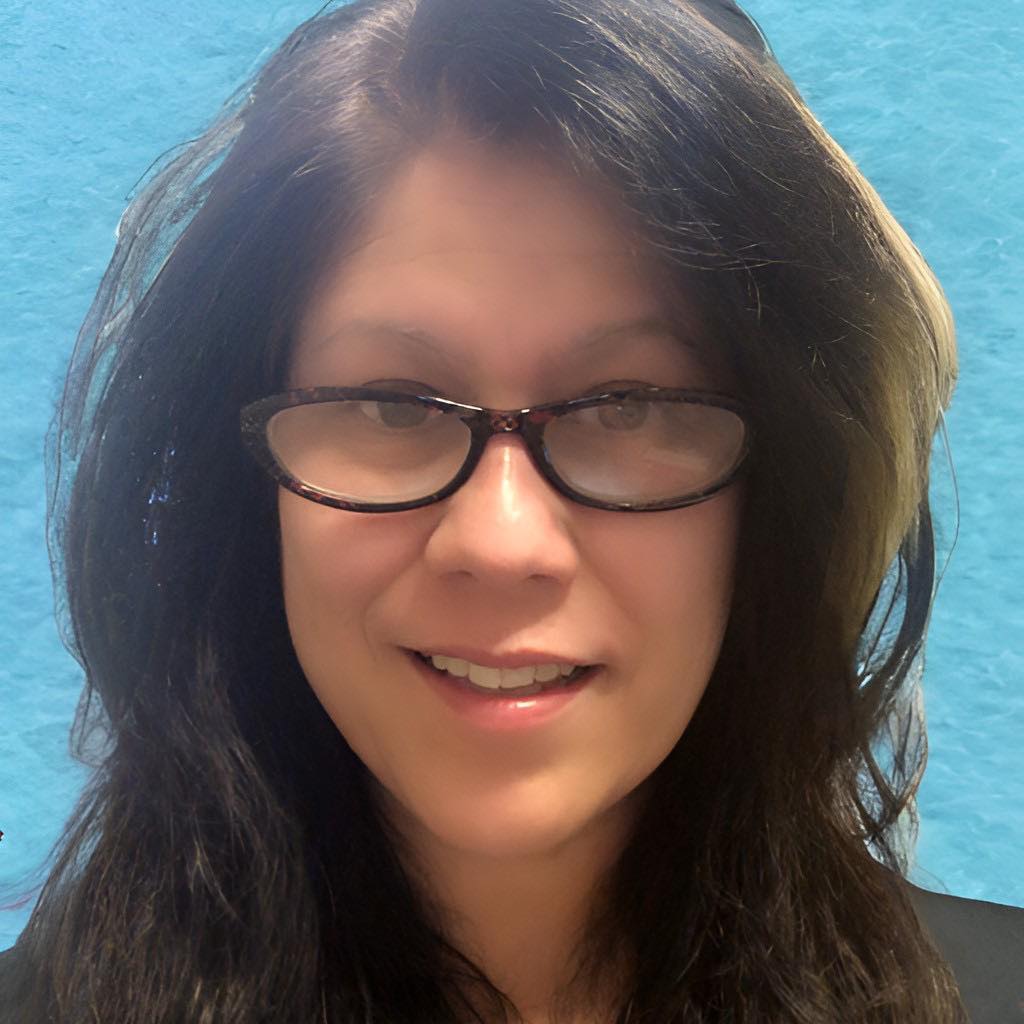
Supporting Adjunct Faculty Through Professional Development at the Community College
Learn more about the journey at Calhoun Community College to provide support to our adjunct faculty through professional development. Discuss the need for adjunct professional development, brainstorm and develop ideas to provide professional development to adjunct faculty, and develop a map to make professional development available to all adjunct faculty at your institution.
Jennie Walts, Director, Faculty Development, Calhoun Community College
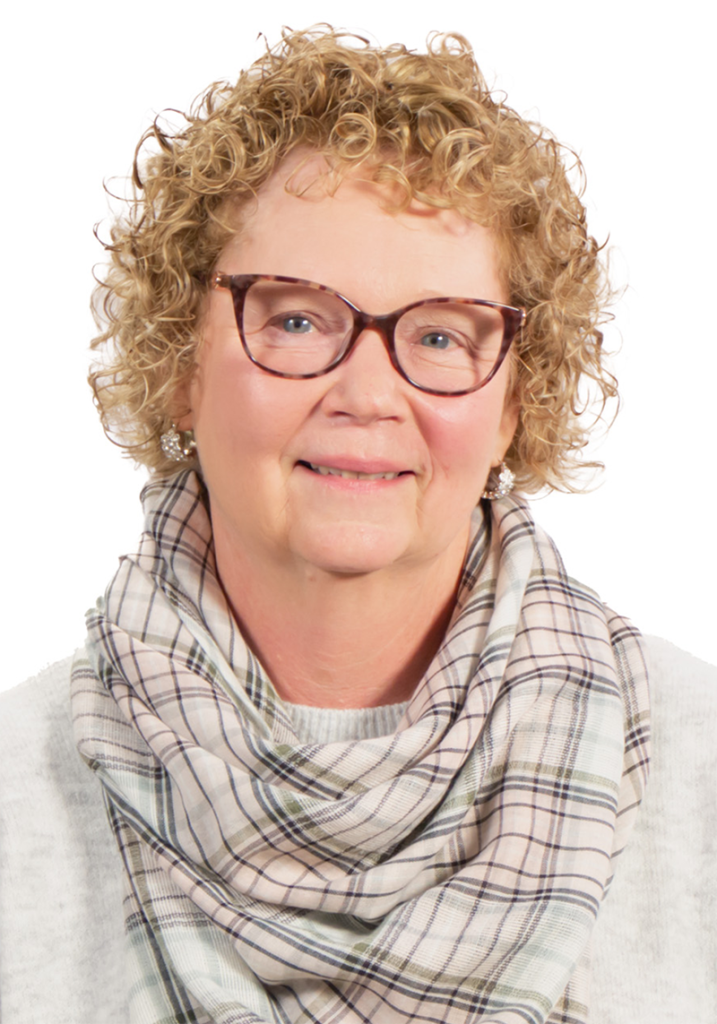
Teaching Introductory Computer Programming Using Project-Based Learning With Sail()
Learn about our project-based learning (PBL) approach in computer science education. Gain a deeper understanding of the benefits and trade-offs of PBL and its impact on student success, confidence, and identity. The presenters share their experiences from the perspective of a content designer, community college instructors, and a researcher and invite participants to reflect upon and compare their experiences in computer science education.
Christopher Bogart, System Scientist, Computer Science, Carnegie Mellon University; Jaromir Savelka, Research Associate, Computer Science, Carnegie Mellon University
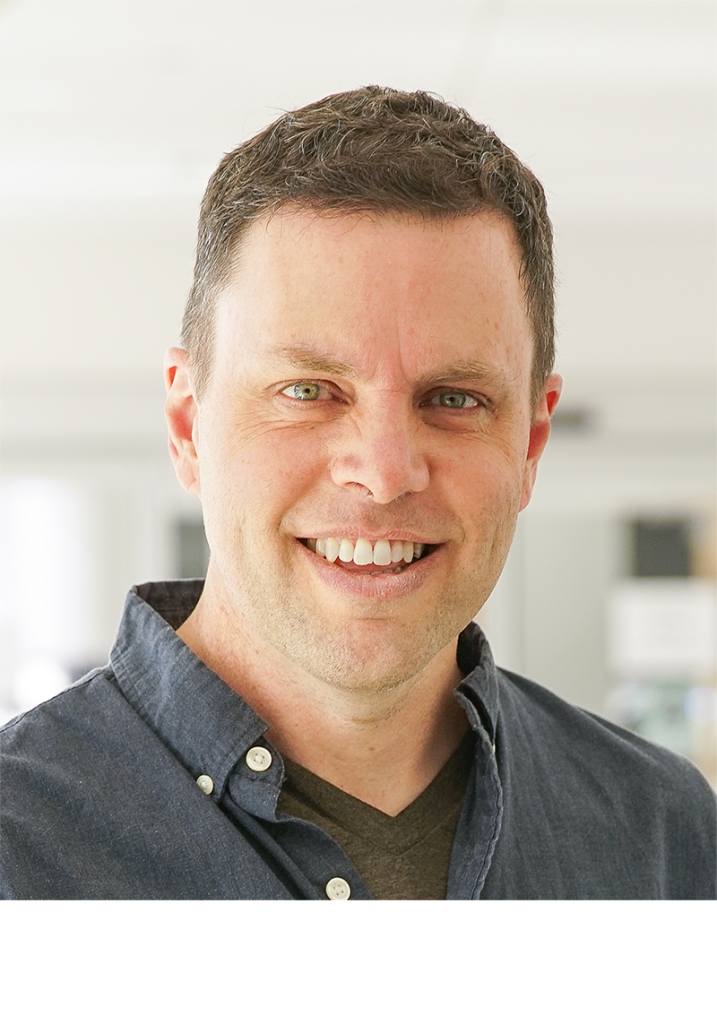
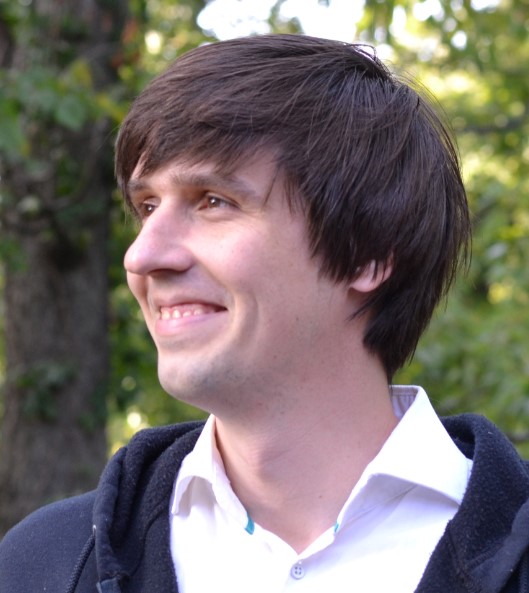
Turning Points Along the Path: How AHA Moments About the Student Experience Guide the Way
CCCSE has conducted focus groups with countless students, faculty, and staff over the last two decades. Across myriad hours of focus group footage, participants at colleges across the country have consistently spoken to several themes—AHA moments— that support the student experience and strengthen success. Join us as we tune in to students’ stories and unpack these AHA moments to better understand how to help students navigate turning points along their path.
Linda Garcia, Executive Director, Center for Community College Student Engagement
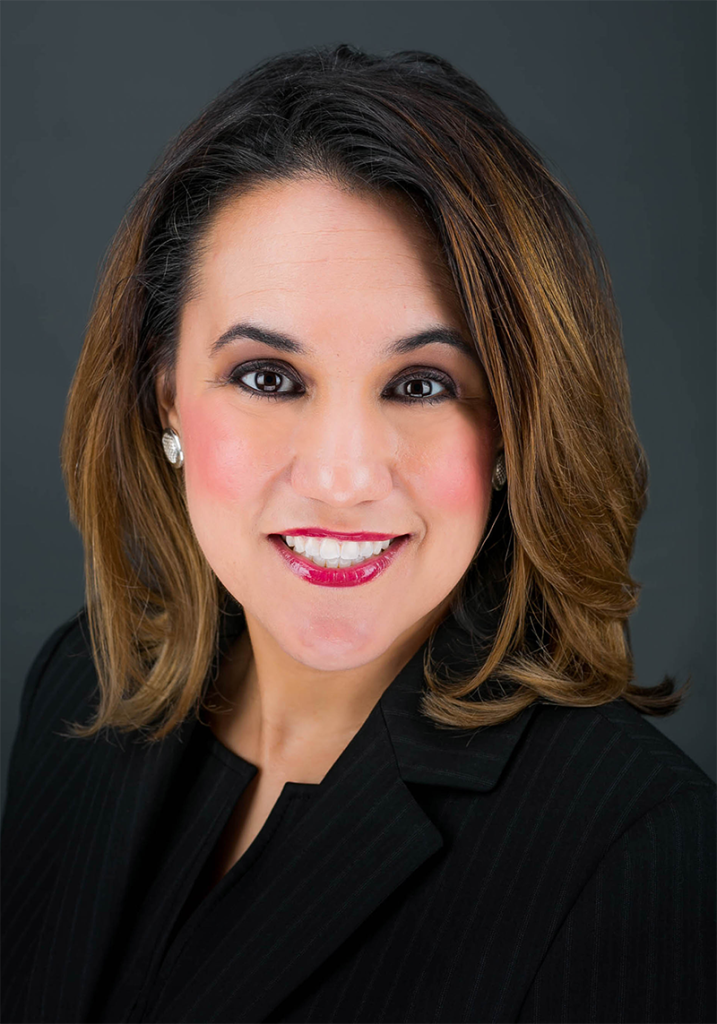
We Wear the Mask: Leading as a Leader of Color in a Polarized Society
Minoritized groups and persons of color have long been impacted by biases and denied a seat at the table. What happens when leaders are invited to the table? Are they emotionally and psychologically prepared to navigate environments that have historically denied them access? It is important to devote time to assess the ecosystem in which one is interested in serving. This presentation invites participants to show their authentic selves and leave empowered to lead.
Larry Johnson, Jr., College President, Guttman Community College
